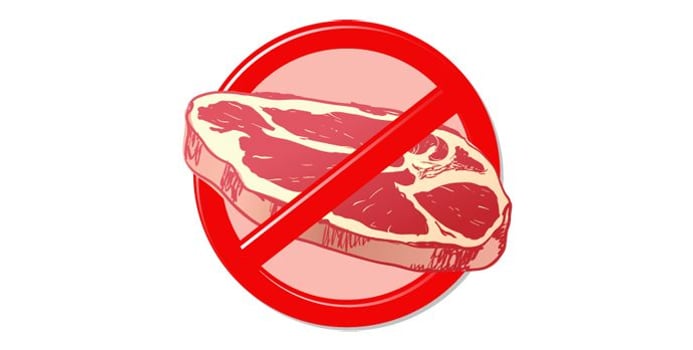Researchers examined rates of newly diagnosed colon cancers and rectal cancers from 1974 to 2013, using a database called Surveillance, Epidemiology and End Results (SEER). Overall in the US, the number of new colon and rectal cancer cases has been decreasing since the 1980s. This is mostly due to screening tests like colonoscopies, which can find cancer earlier when it’s easier to treat. The procedure also catches pre-cancerous growths called polyps that can be removed before they become cancer. Screening colonoscopies are recommended for adults starting at age 50 for the general population (if you have a family history, or are at an increased risk due to other factors, screening may start earlier).
Colorectal cancers (CRC) are generally viewed as a disease of aging; that is, it is a cancer that occurs in older people. But this study found that incidence rates have been increasing for adults under age 50. For adults ages 20 to 39, colon cancer incidence rates increased by 1 percent to 2 percent per year through 2013.
This means that Americans born in 1990 have double the risk of colon cancer and four times the risk of rectal cancer compared to those born around 1950.
Why is this happening?
Although the exact cause of the increase is unknown, it may have a correlation with the rise of obesity over the last few decades. Not obesity itself, but the unhealthy lifestyle factors that lead to obesity — like lack of physical activity, or eating a diet low in fiber (from whole grains, fruits, and vegetables) — are risk factors for CRC. A 2014 study showed a 10 percent increased risk for colon cancer for each five-point increase in body mass index.
To make matters worse, people younger than 55 are more likely to be diagnosed with late-stage disease. The authors say this is “largely due to delayed follow-up of symptoms, sometimes for years, because cancer is typically not on the radar of young adults or their providers.”
How to protect yourself
Screening is the best way to prevent colon cancer. Find out your family history to see if you should begin screening prior to age 50. Besides CRC, there are other disorders that increase risk: pre-cancerous polyps, familial adenomatous polyposis (FAP), or Lynch syndrome. Having other conditions, such as inflammatory bowel disease (ulcerative colitis or Crohn’s disease, e.g.) can also increase your risk of colon cancer. If you have any of these problems or a family history, talk to your doctor about when to begin screening.
You can also lower your risk by eating plenty of fiber found in whole grains, fruits, and vegetables. Decrease your consumption of red meat (beef, pork, lamb) and processed meats (bacon, hot dogs, deli meats) that have been correlated with an increased risk of CRC. Maintain a healthy weight, exercise, avoid smoking, and limit alcohol (The American Cancer Society recommends no more than 2 drinks a day for men and 1 drink a day for women).
Second, don’t ignore symptoms. If any of the following symptoms listed below persist even after seeing a doctor and receiving treatment, ask for a second opinion.
The most common signs and symptoms:
- A change in bowel habits: diarrhea, constipation, or narrowing of the stool, that lasts for more than a few days
- Feeling like you need to have a bowel movement, even after moving your bowels
- Rectal bleeding, dark stools, or blood in the stool
- Cramping, bloating, or abdominal pain
- Weakness and fatigue
- Unintended weight loss
Take any symptoms seriously. Advocate for your health. Finding polyps or cancers early provides you with the best chance for a full recovery.
[Image via Shutterstock]



